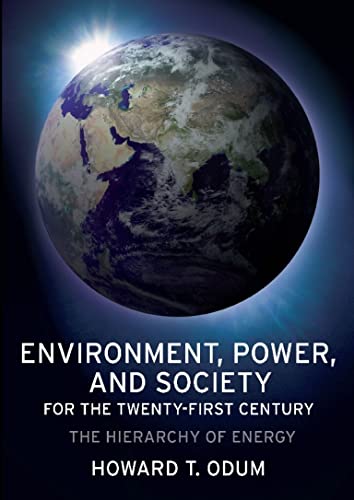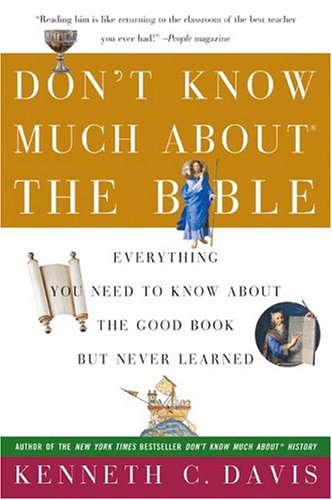Non-Fiction - My book shelf essentials
Discover must-read non-fiction books for your shelf with our curated list of essential titles. Expand your knowledge with top picks in history, science, self-help, and more.

Book
Guns Germs and Steel
by Jared Diamond
"Fascinating.... Lays a foundation for understanding human history."—Bill Gates Winner of the Pulitzer Prize, Guns, Germs, and Steel is a brilliant work answering the question of why the peoples of certain continents succeeded in invading other continents and conquering or displacing their peoples. This edition includes a new chapter on Japan and all-new illustrations drawn from the television series. Until around 11,000 BC, all peoples were still Stone Age hunter/gatherers. At that point, a great divide occurred in the rates that human societies evolved. In Eurasia, parts of the Americas, and Africa, farming became the prevailing mode of existence when indigenous wild plants and animals were domesticated by prehistoric planters and herders. As Jared Diamond vividly reveals, the very people who gained a head start in producing food would collide with preliterate cultures, shaping the modern world through conquest, displacement, and genocide.The paths that lead from scattered centers of food to broad bands of settlement had a great deal to do with climate and geography. But how did differences in societies arise? Why weren't native Australians, Americans, or Africans the ones to colonize Europe? Diamond dismantles pernicious racial theories tracing societal differences to biological differences. He assembles convincing evidence linking germs to domestication of animals, germs that Eurasians then spread in epidemic proportions in their voyages of discovery. In its sweep, Guns, Germs and Steel encompasses the rise of agriculture, technology, writing, government, and religion, providing a unifying theory of human history as intriguing as the histories of dinosaurs and glaciers.

Book
The Elegant Universe: Superstrings, Hidden Dimensions, and the Quest for the Ultimate Theory
by Brian Greene
Introduces the superstring theory that attempts to unite general relativity and quantum mechanics.

Book
Zen Mind, Beginner's Mind
by Shunryu Suzuki
"In the beginner's mind there are many possibilities, but in the expert's there are few." So begins this most beloved of all American Zen books. Seldom has such a small handful of words provided a teaching as rich as has this famous opening line of Shunryu Suzuki's classic. In a single stroke, the simple sentence cuts through the pervasive tendency students have of getting so close to Zen as to completely miss what it's all about. An instant teaching on the first page. And that's just the beginning. In the thirty years since its original publication, Zen Mind, Beginner's Mind has become one of the great modern Zen classics, much beloved, much re-read, and much recommended as the best first book to read on Zen. Suzuki Roshi presents the basics—from the details of posture and breathing in zazen to the perception of nonduality—in a way that is not only remarkably clear, but that also resonates with the joy of insight from the first to the last page. It's a book to come back to time and time again as an inspiration to practice.

Book
Environment, Power, and Society for the Twenty-first Century
by Howard Thomas Odum
Through this method Odum reveals the similarities between human economic and social systems and the ecosystems of the natural world. In the process, we discover that our survival and prosperity are regulated as much by the laws of energetics as are systems of the physical and chemical world. Also includes information on agriculture, animals, available energy, biomass, capitalism, civilization, consumption, cycles, diversity, earth, economy, ecosystems, empower, alternative energy, environment, evolution, fossil fuels, fuels, growth, information, kinetic energy, energy laws, matter, metabolism, microcosm, models of energy systems, nations, nature, organic matter, organization, overgrowth, oxygen, photosynthesis, power, production, pulses, ratios, respiration, self organization, society, solar energy, storage, structure, sustainability, systems networks, transpiration, waste, work, yields, etc.


Book
Misquoting Jesus
by Bart D. Ehrman
For almost 1,500 years, the New Testament manuscripts were copied by hand––and mistakes and intentional changes abound in the competing manuscript versions. Religious and biblical scholar Bart Ehrman makes the provocative case that many of our widely held beliefs concerning the divinity of Jesus, the Trinity, and the divine origins of the Bible itself are the results of both intentional and accidental alterations by scribes. In this compelling and fascinating book, Ehrman shows where and why changes were made in our earliest surviving manuscripts, explaining for the first time how the many variations of our cherished biblical stories came to be, and why only certain versions of the stories qualify for publication in the Bibles we read today. Ehrman frames his account with personal reflections on how his study of the Greek manuscripts made him abandon his once ultra–conservative views of the Bible.

Book
Renovating Old Houses
by George Nash
For those who love to live in old houses or want to invest in one, this completely revised and updated book levels no stone unturned. From evaluating a property to making foundation repairs to adding on a porch, it's a comprehensive guide to every aspect of making renovations and repairs--whether you already live in, or are contemplating buying, an older home.

Book
Tao Te Ching
by Lao Tzu
In the hands of Jonathan Star, the eighty-one verses of the Tao Te Ching resound with the elegant, simple images and all-penetrating ideas that have made this ancient work a cornerstone of the world's wisdom literature.

Book
The Heart Sutra
by Red Pine
A new translation of essential texts of Mahayana Buddhism brings together various Sanskrit and Chinese sutra into one accessible collection of spiritual writings, including poetry, religious texts, and wisdom from ancient teachers.